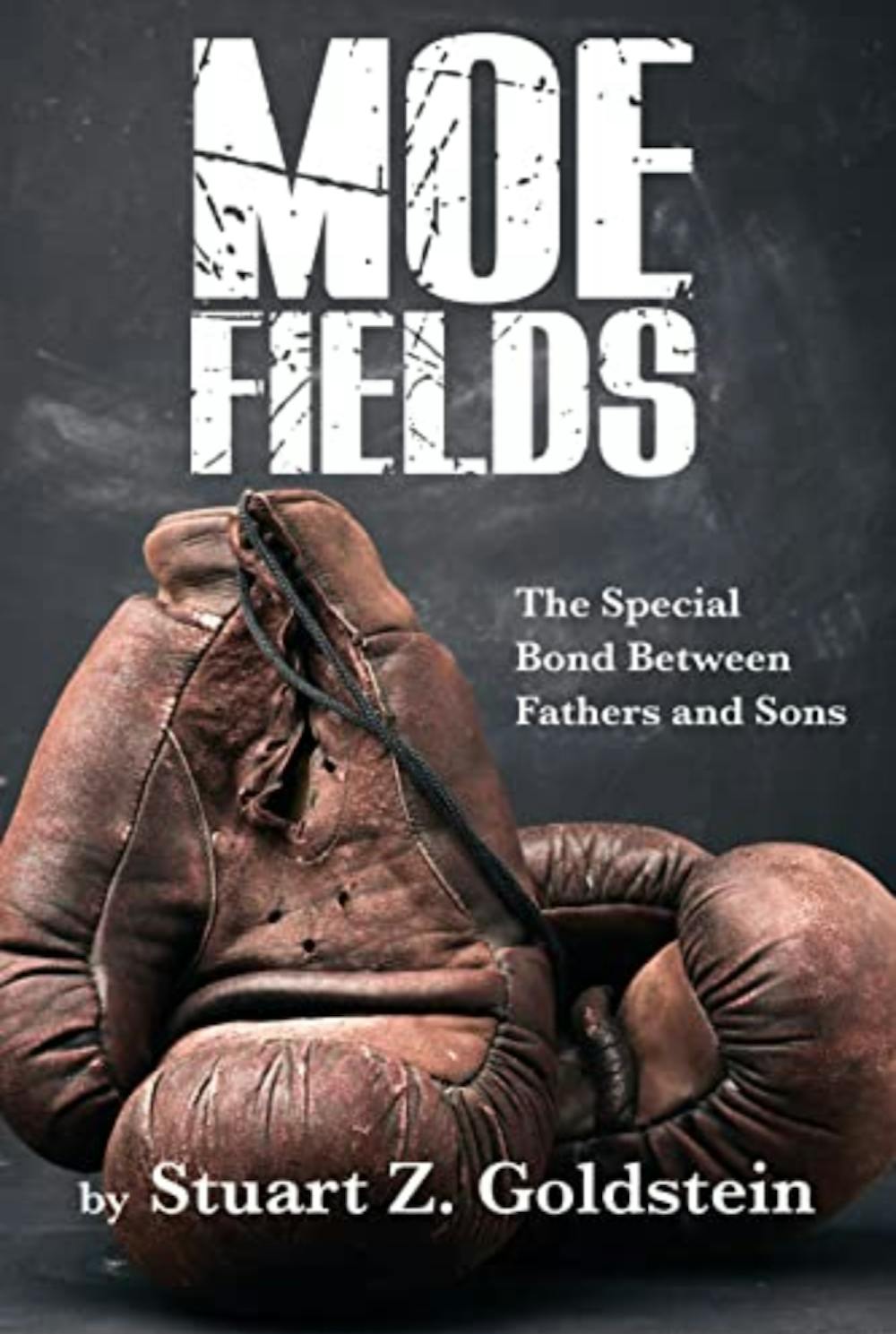By Lysa Legros
Staff Writer
“Moe Fields,” written by ‘72 alum Stuart Goldstein, is a biography about Morris “Murray” Goldman and the lives of his sons, Alan, Zachary and Gary. The novel charts Morris’ experiences through his adolescence during the Great Depression to his death in the 1970s and follows the lives of his children into the 1980s.
I have mixed feelings about the novel because, while I was moved by its depiction of Murray's endurance and familial loyalty, I also felt that its wide span led to poor pacing. At times, “Moe Fields” felt unfocused because it encompassed so many events and challenges, to the point that not many of them were well-defined, or well-connected to each other.
I admit, however, that this may illustrate how, in life, there isn’t always a smooth transition between different occurrences — and how in life, unlike a novel, conflicts are not always set up or foreshadowed for an audience.
“Moe Fields” makes up for what it lacks in pacing through its compelling characters. The Goldmans propel the narrative forward through exciting and inspiring examples of integrity and bravery.
The Goldmans’ story is one of resilience, courage and legacy. As the Goldmans persist against numerous setbacks, they grow stronger as individuals and as a family unit.
Murray Goldman is a proud Jewish man with a strong sense of conviction. From an early age, he is not afraid of speaking his mind and standing up for himself and his beliefs. As a 15-year-old, he fights the thieves who robbed his father of his gambling winnings and admonishes his father for gambling. As an 18-year-old working as a rigger at a circus in Philadelphia, he defends his friend, Louie, who has dwarfism, from strangers who physically attack him because of his condition.
When he and Louie attend a boxing match between Mike Morin and Jimmy Sullivan, Murray is inspired to become a boxer. After returning to Brooklyn, he secretly practices amateur boxing and gains a formidable reputation under the pseudonym “Moe Fields.”
Even though his amateur boxing career is cut short after he is disqualified from the Semi-Finals of the Golden Gloves Tournament, he carries the lesson that his coach, Frank Celentano, taught him “fighting [comes] down to the triumph of the spirit,” for the rest of his life.
Throughout the coming decades, Murray uses his will, his assiduity and ingenuity to beat the odds set against him. Along the way, he marries his wife, Francine “Franny” Sugar, and has three sons.
But, just as he reaches the zenith of his career and personal life, disaster strikes twice, and he nearly forfeits everything he worked hard to establish. In the face of catastrophe, the Goldmans endure and eventually thrive.
On the surface, “Moe Fields” is a story about how one man pulled himself “by his bootstraps” to fulfill his American Dream. But on a deeper level, it is a narrative that illustrates that personal success is a balance between individual determination and teamwork. Even though Morris Goldman is fiercely individualistic and ambitious, his achievements are not based on his skills alone but are reinforced by his connections with other people.
When his body begins to fail him, his wife and his sons strengthen him through their encouragement and assistance. As an individual, Murray is strong but, joined by his family, he is even stronger.
“Moe Fields” explores the boundary between personal success and legacy. Murray creates a tangible legacy for his children through his assets, but he also provides a more significant spiritual legacy through the example he set for them.
As Murray confronts impossible obstacles, he indirectly teaches his children how to persevere against adversity. Eventually, his sons share his lessons with their children.
To me, the most compelling aspect of “Moe Fields” is its exploration of generational familial ties. Just as Murray's household exemplifies how strong familial bonds can fortify and improve individuals, Murray's connections with his siblings demonstrate that familial loyalty is not guaranteed. To take familial relationships for granted is to allow them to atrophy.
Even though Alan, Zach and Gary’s relationship has been rocked by ups and downs, and they disagree on a variety of issues, the crises they have faced together have taught have forged them into each other’s firmest supporters.
In “Moe Fields,” Goldstein shares an incredible story about a family that sticks together and defies the odds.







